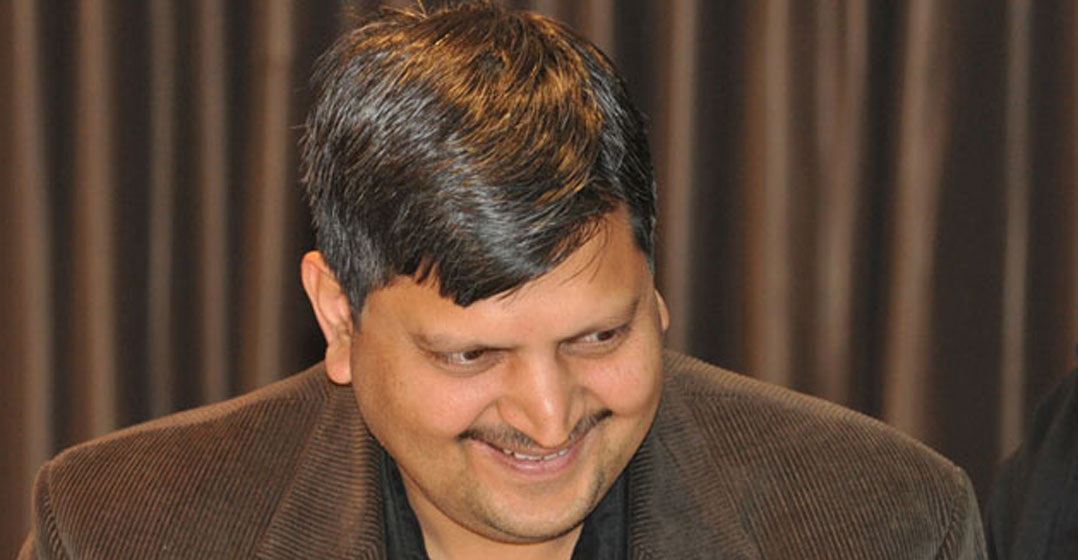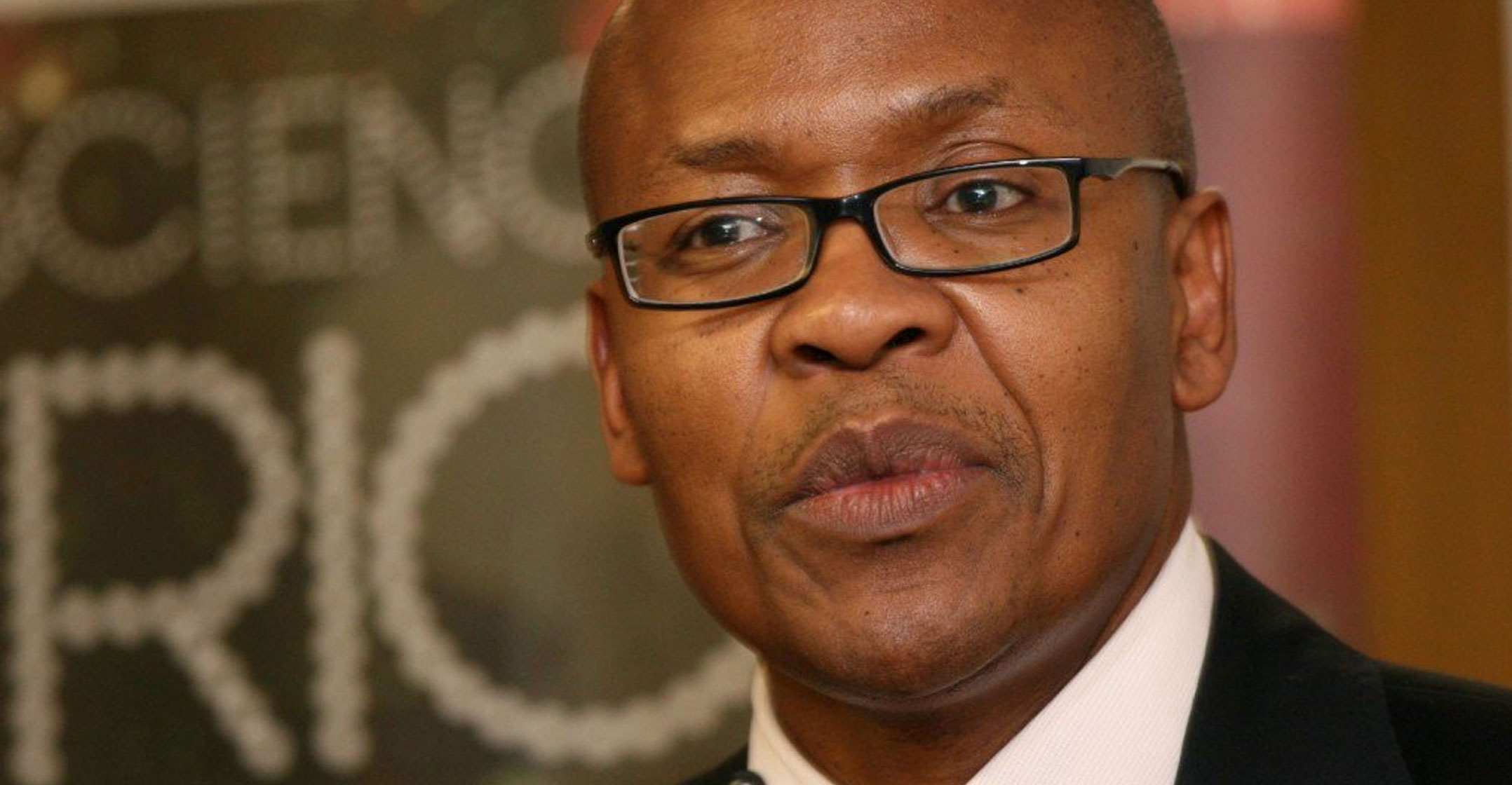
The second section of part 1 of the Zondo state capture report deals with the looting of Eskom, Transnet and South African Airways by the Gupta media enterprise, the New Age (TNA) newspaper and the New Age Business Briefings, between 2011 and 2017.
Millions of rand of public funds were siphoned off from these public entities.
The commission identified the players in these categories:
- The “facilitators”: Those officials who used threats and intimidation to enforce the Gupta’s demands — for example, Mzwanele Manyi, Collin Matjila, the board of Eskom that took over in December 2014 (except for former minister of public enterprises and administration Richard Baloyi and Chose Choeu), Brian Molefe, and Mboniso Sigonyela (at Transnet).
- The “enablers or followers”: Those who compromised themselves, covered up or legitimised public spending on TNA — for example, Pieter Pretorius, Joseph Jackson, Daniel Phatlane and Zola Tsotsi who concealed important information from the new board before it ratified the contract.
- The “resisters”: Those who did not accede to the Guptas’ demands, including Themba Maseko, former CEO of the Government Communication Information System (GCIS). Maseko, who was replaced by Manyi after standing up to the Guptas, has provided an account of his experience in his book, For My Country.
The Guptas established TNA in 2010, which established the New Age newspaper six months later.
Maseko rebuffed Ajay Gupta’s demands to divert government’s R600-million advertising budget to the New Age newspaper, and was summarily replaced by Manyi.
The Zondo Commission noted that former President Jacob Zuma “could do terrible things to give effect to the wishes of the Guptas”, for example:
- Firing former finance minister Nhlanhla Nene because he was not co-operating with the Guptas.
- Getting involved in the suspension of executives at Eskom, resulting in three directors being replaced by Gupta associates.
- Keeping the position of group CEO of Transnet open for two years to bring in Siyabonga Gama.
“There is absolutely no doubt” that Zuma instructed late former minister Collins Chabane to fire Maseko or move him from his position as director-general and CEO of GCIS.
Zuma failed to give the commission a “definitive answer to the question as to why Maseko was removed from his position”.
The commission heard that Ajay Gupta became hostile when Maseko rejected his demand to divert the government advertising budget to the New Age, and that the Guptas “could summon any minister who did not co-operate”.
Mzwanele Manyi
The commission found that minister Baloyi orchestrated the replacement of Maseko by Manyi , and declined to comment on “whether the irregular removal of Maseko and the irregular transfer of Manyi facilitated state capture”. Baloyi disregarded lawful and proper procedures.
During Manyi’s tenure from February 2011 to August 2012, GCIS paid some R6-million to TNA.
Manyi was unable to justify to the commission how GCIS could spend millions “on a media business that had no established readership or certified circulation figures”. GCIS paid TNA R8.2-million in 2013, R9.5-million in 2014 and R10-million in 2015.
The commission found that under Manyi’s tenure, the GCIS “was an enabler of state capture”, whereas Maseko “would likely have resisted the Guptas’ incessant pressure on government departments to divert their media spend to their business”.

Five witnesses gave oral evidence to the commission: Zola Tsotsi (chair of the Eskom board from 2011 until March 2015); Mark Pamensky (member of the board from December 2014); Mafika Mkhwanazi (non-executive director from June 2011 to December 2014); Pieter Pretorius (responsible for strategic marketing at Eskom) and Chose Choeu (divisional executive responsible for marketing).
Between 2012 and 2014, TNA concluded three irregular contracts with Eskom: advertising (R4-million), six business breakfasts (R7.2-million), four business breakfasts/briefings in 2012 for R4-million, and in 2014 36 business breakfasts/briefings (R43.2-million).
The R43.2-million contract constituted fruitless and wasteful expenditure, gave Eskom no value, and former Eskom CEO (Collin) Matjila was not authorised to sign it.
Choeu alleged that former Eskom CEO Brian Dames had instructed him to agree to an additional ad hoc arrangement as former public enterprises minister Malusi Gigaba would be speaking at a TNA breakfast. A SizweNtsalubaGobodo report made findings against Choeu, but Choeu was unaware of this and stated that no such disciplinary action was ever taken against him.
During Manyi’s tenure from February 2011 to August 2012, GCIS paid some R6-million to TNA
Pamensky, who was also a director of Gupta-affiliated Oakbay Resources and Energy when he joined the Eskom board in 2014, ratified a contract he had not seen.
The commission found that the enablers and facilitators bypassed the correct procedures, and “gave false justifications to the public protector and parliament for expenditure that was nothing short of wasteful”. In addition, the 2014 Eskom board disregarded its fiduciary duties and “put the interests of the Guptas above those of Eskom and the people of South Africa”.
The commission heard evidence from three witnesses in respect of TNA’s contracts at Transnet:
- Mkhwanazi, the chair from December 2010 to December 2014, acting group CEO from 16 December 2010 to 11 February 2011, who managed to rebuff Tony Gupta. Gigaba unsuccessfully tried to replace Mkhwanazi with Iqbal Sharma in 2011.
- Jackson, the brand and publicity co-ordinator for Transnet’s group corporate and public affairs unit from 2006 to December 2014. Jackson eventually assisted TNA in securing significant Transnet spending on TNA advertising.
- Phatlane, senior co-ordinator for stakeholder relations at Transnet from 2011 to 2017.
The contracts with TNA included the Big Interview (R24.8-million) from 2011 to 2016, and briefings/breakfasts (over R122-million) from 2011 to 2017.
The commission concluded that Brian Molefe, who was appointed as the new Transnet CEO on 16 February 2011, and Mboniso Sigonyela, the GM of Transnet’s group corporate and public affairs, directly facilitated the use of public funds for TNA spending, “on extremely disadvantageous terms for Transnet”.
It added that Sigonyela “used threats and intimidation to ensure that his subordinates complied with instructions to advance the interests of TNA. The expenditure incurred on these contracts was irregular, fruitless and wasteful”.
- This article was originally published by Moneyweb and is republished by TechCentral with permission




